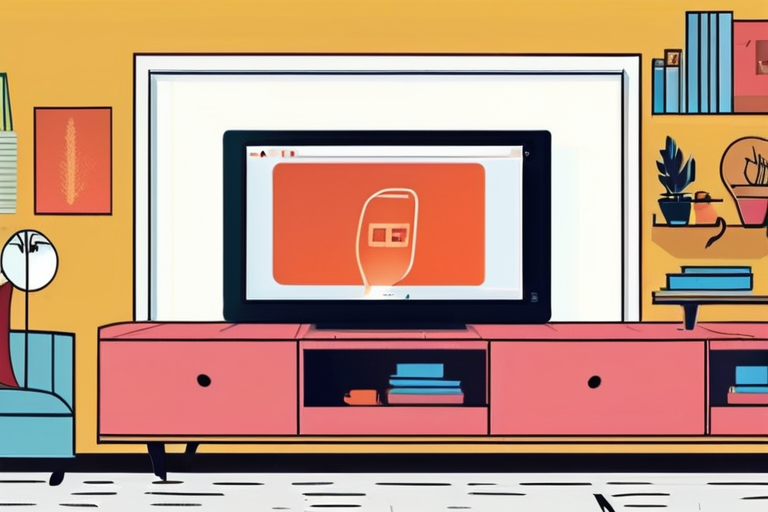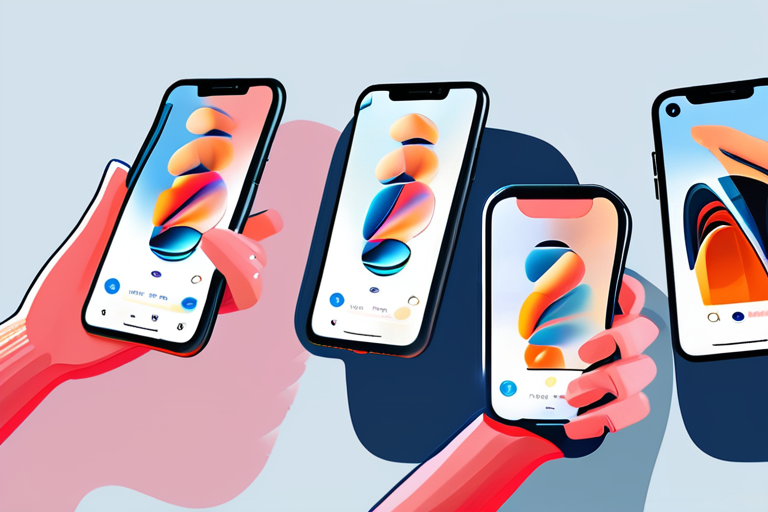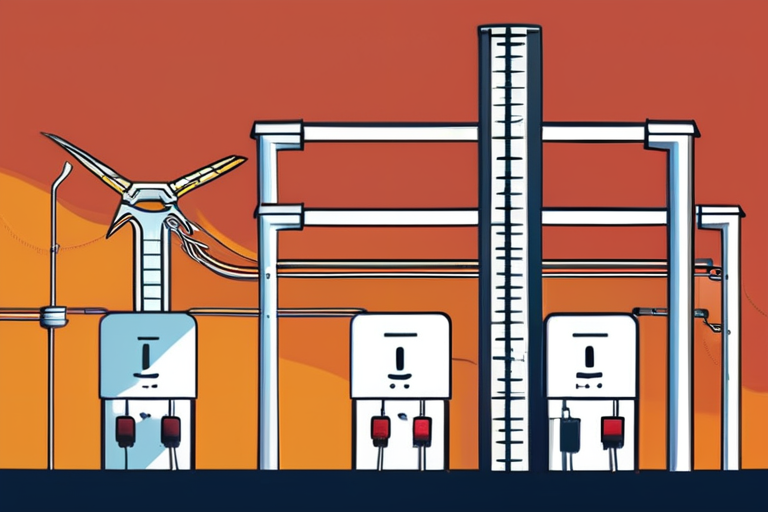Smart-Home Addicts Reveal Their Secret to Tech Perfection: The Top Smart Displays


Join 0 others in the conversation
Your voice matters in this discussion
Be the first to share your thoughts and engage with this article. Your perspective matters!
Discover articles from our community

 Hoppi
Hoppi

 Hoppi
Hoppi

 Hoppi
Hoppi

 Hoppi
Hoppi

 Hoppi
Hoppi

 Hoppi
Hoppi

New York City Mayor Eric Adams Quits Reelection Race Amid Speculation In a surprise move, New York City Mayor Eric …

Hoppi

Israeli Air Strike on Hamas Leaders in Doha Sparks International Condemnation In a surprise escalation of the ongoing conflict between …

Hoppi

The Wait is Over: Get Ready to Upgrade with the Best iPhone 17 and iPhone 17 Pro Preorder Deals in …

Hoppi

Breaking News: Ofgem Announces Plan to Reduce Standing Charges on Energy Bills By [Your Name], Breaking News Reporter In a …

Hoppi

Connecticut DMV Committee Expands Study of Towing Law to Help Low-Income Residents Get Their Cars Back A Connecticut Department of …

Hoppi

OpenAI and Oracle Ink Historic $300 Billion Cloud Computing Deal, Marking One of the Largest in History In a groundbreaking …

Hoppi